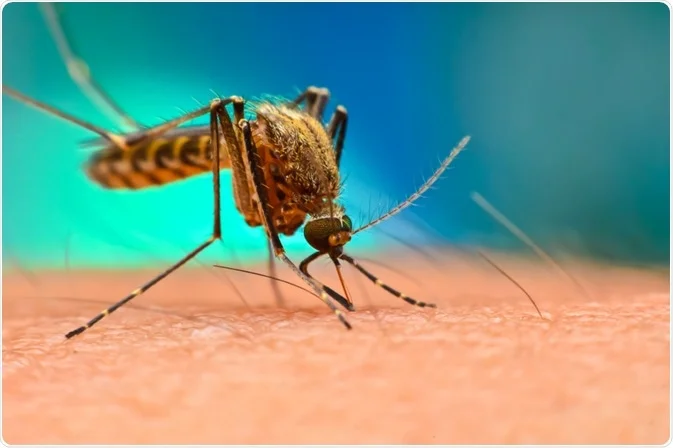Malaria remains one of the most significant global health challenges, impacting millions of people across the world each year. This mosquito-borne disease not only affects individual health but also has widespread social and economic implications. Understanding the impact of malaria on global health is crucial for fostering effective prevention, treatment, and control strategies.
The Global Burden of Malaria
- Prevalence and Incidence: According to the World Health Organization (WHO), malaria is endemic in more than 100 countries, primarily in sub-Saharan Africa, Southeast Asia, and parts of Latin America and Oceania. In 2022, there were an estimated 247 million cases of malaria worldwide, with the majority occurring in Africa. The disease causes approximately 620,000 deaths annually, making it a leading cause of morbidity and mortality in affected regions.
- Vulnerable Populations: Children under five years old, pregnant women, and individuals with weakened immune systems are particularly vulnerable to severe forms of malaria. In sub-Saharan Africa, malaria is a leading cause of childhood mortality. Pregnant women are at higher risk of complications, including severe anemia and adverse pregnancy outcomes.
Impact on Health Systems
- Healthcare Burden: Malaria places a substantial burden on healthcare systems in endemic regions. The need for diagnostic testing, treatment, and hospital care strains limited resources. Health facilities often face challenges in providing timely and effective care due to shortages of medical supplies and personnel.
- Diagnostic and Treatment Challenges: Accurate diagnosis and treatment are critical for managing malaria. However, in many areas, access to diagnostic tools and effective antimalarial medications can be limited. Drug resistance, particularly to artemisinin-based therapies, further complicates treatment efforts.
- Healthcare Costs: The economic burden of malaria extends beyond individual treatment costs. National health systems incur substantial expenses related to malaria control programs, including insecticide-treated bed nets, indoor residual spraying, and antimalarial drugs. In regions heavily affected by malaria, these costs can divert resources from other essential health services.
Economic Impact
- Productivity Loss: Malaria affects economic productivity by causing illness and reducing work capacity. In endemic areas, malaria-related absenteeism from work and school can lead to significant economic losses. Adults who fall ill with malaria may experience reduced income due to missed work, while children may miss school, impacting their future economic opportunities.
- Development Implications: Malaria can impede economic development in affected regions. The disease’s high prevalence can deter investment and hinder economic growth by impacting labor productivity and increasing healthcare costs. Efforts to combat malaria can contribute to broader development goals, including improved health, education, and economic stability.
Social and Community Impact
- Community Disruption: Malaria outbreaks can disrupt communities by straining local resources and creating fear and uncertainty. Severe cases can lead to long-term health issues and disability, affecting families and communities. Social networks may also be impacted as communities deal with the economic and emotional toll of the disease.
- Gender Disparities: Women and girls often bear a disproportionate burden from malaria. In many cultures, women are primarily responsible for caregiving and household tasks, which can be disrupted when they or their children are ill. This can exacerbate existing gender inequalities and affect women’s economic and social well-being.
Progress and Challenges
- Control and Eradication Efforts: Significant progress has been made in reducing malaria incidence and mortality through the widespread use of insecticide-treated nets, indoor residual spraying, and effective antimalarial treatments. Vaccination efforts, such as the RTS,S malaria vaccine, have also shown promise in providing partial protection against Plasmodium falciparum malaria.
- Ongoing Challenges: Despite progress, challenges remain, including drug resistance, mosquito resistance to insecticides, and limited access to healthcare in remote areas. Climate change and migration patterns may also affect malaria transmission dynamics. Continued investment in research, surveillance, and prevention strategies is essential to overcoming these challenges.
Conclusion
Malaria’s impact on global health is profound, affecting millions of lives each year and placing a significant burden on healthcare systems and economies. Addressing the challenges of malaria requires a coordinated global effort, including effective prevention measures, timely treatment, and continued research and development. By understanding the multifaceted impact of malaria and supporting comprehensive control strategies, we can work towards reducing the diseease’s burden and improving health outcomes worldwide.
Keep an eye for more latest news & updates on Vents Tribune!

